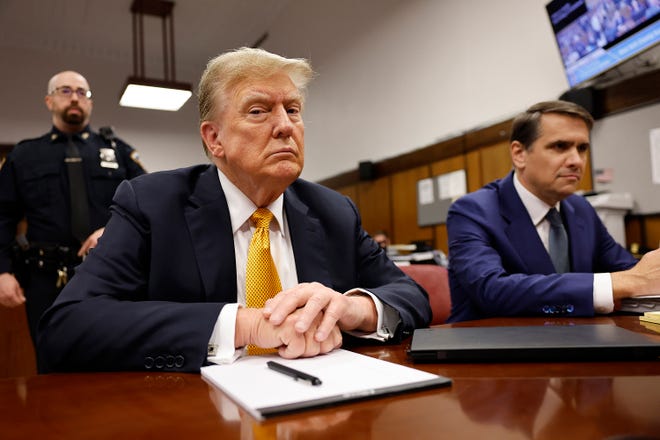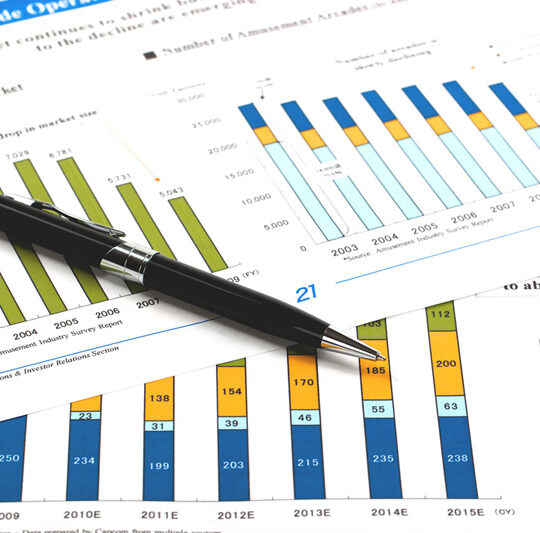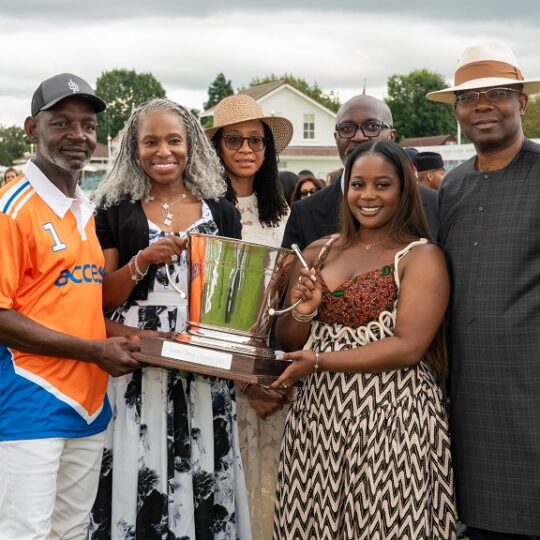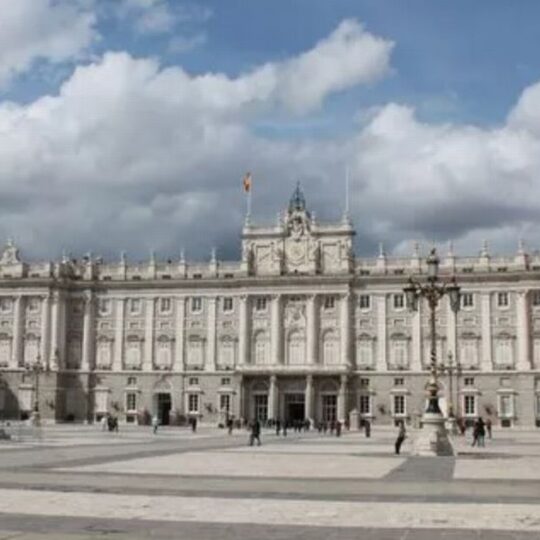
Tags :access:meteredssts:news:politics:electionssstsn:Electionstag:Campaigns & Electionstag:Courts & Judiciarytag:Crime & Justicetag:Donald Trumptag:Electionstag:Executive Branchtag:Hearings and Trialstag:Karen McDougaltag:Legaltag:Michael Cohentag:Mike Johnsontag:Overall Negativetag:Politicstag:Republican Partytag:Scandals & Investigationstag:Stormy Danielstag:The Trump Organizationtag:Trump Indictmenttype:story
add a comment














